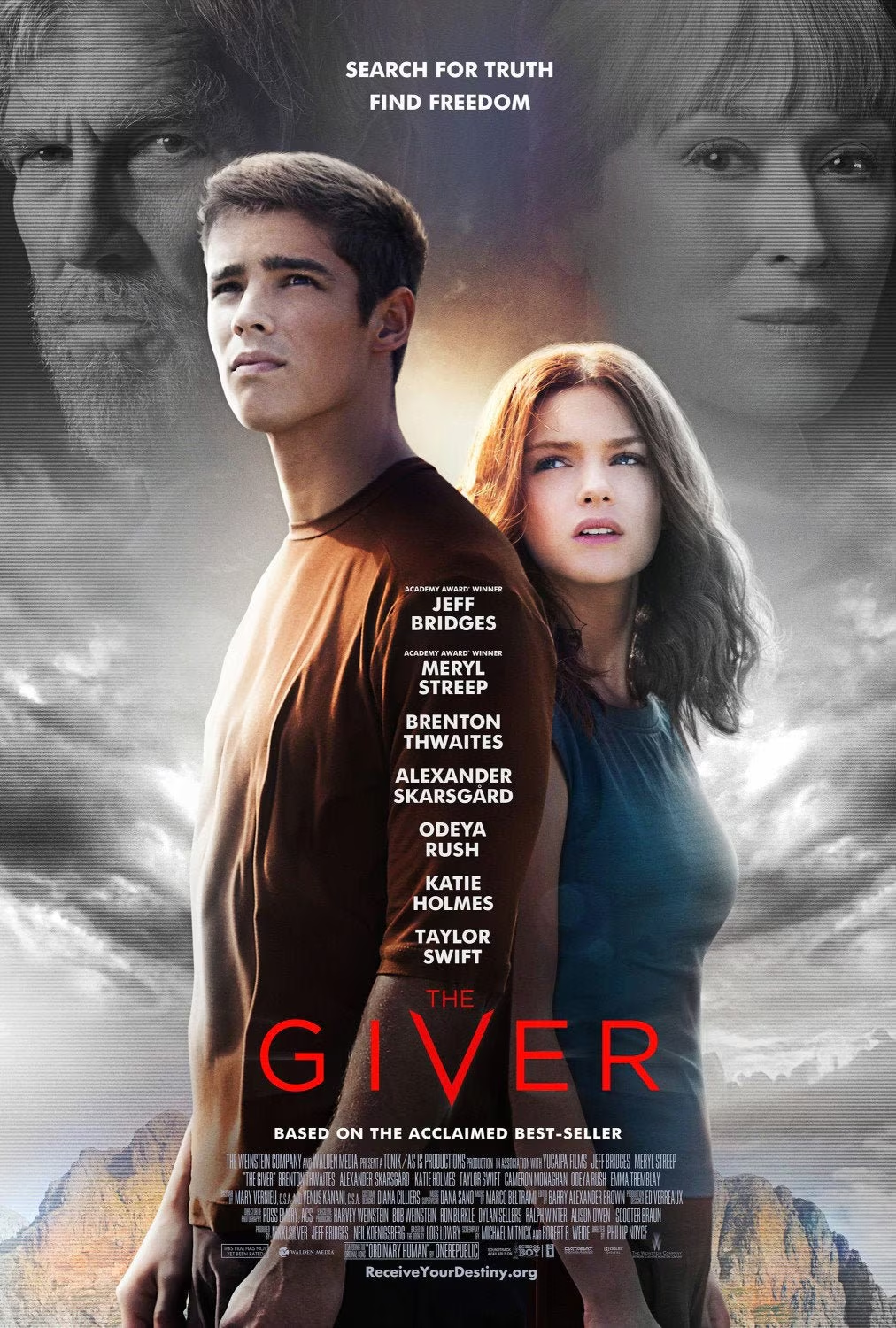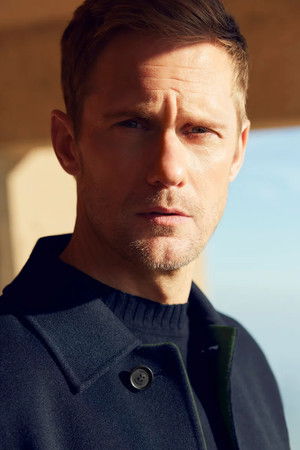⭐⭐⭐⭐
Rating: 4 out of 5.Based on the acclaimed novel (which many say outshines the film), The Giver explores a world eerily similar to The Hunger Games and Divergent—but with a chilling twist. Imagine a society stripped of emotion, art, and even color. A place where people don’t understand love, music, or the vibrancy of a sunset because they’ve never seen it. Worse yet, they don’t even realize what they’re missing.
This is a world where murder is clinical, where “balance” is maintained through cold logic rather than morality. The concept isn’t entirely new—it echoes themes from Superman’s Krypton or Logan’s Run—but The Giver stands out by weaponizing absence. Color isn’t just forbidden; it’s unthinkable. These people don’t live in grayscale; their brains literally cannot process hues. They’ve never tasted joy in music, warmth in touch, or the thrill of rebellion. Daily injections suppress curiosity, and conformity is absolute. It’s a society without life—and that’s terrifying.

The Good:
- Visuals & CGI: The film’s muted palette works brilliantly, fading into color as the protagonist awakens. Nothing overly flashy, but the contrast is powerful.
- Young Cast: The actors (including a surprisingly solid Brenton Thwaites) outshine many adult performers in conveying confusion, fear, and dawning defiance.
- Taylor Swift?! Yeah, I didn’t recognize her either. She plays Rosemary, the Giver’s daughter, in a small but pivotal role.

The Problems:
- That Mysterious House: The ending reveals a snowbound cottage with a conveniently placed sled. If this was a memory, how was it perfectly preserved? If it’s the future, that introduces a whole new layer of plot holes.
- What Even Is “The Ruin”? The film never explains it. Is it our world? A past civilization? The ambiguity feels lazy, not profound.
- Elder Logic: Who chooses these rulers? How? Why are there no young apprentices? The system’s mechanics are glossed over.
- The Ending: Underwhelming and confusing. It clashes with the “memory” theory unless we assume it’s a child’s vision—but that’s never clarified.

The Giver is a thought-provoking film with a strong core idea, but it stumbles in execution. The emotional beats land, and the dystopian horror lingers—yet key worldbuilding gaps hold it back. Worth a watch for the concept alone, but don’t expect airtight logic.
P.S. If you’ve read the book or noticed details I missed, let me know! I might’ve overlooked something.





































It’s enormous that you are getting thoughts from this paragraph as well as from our discussion made at this time.